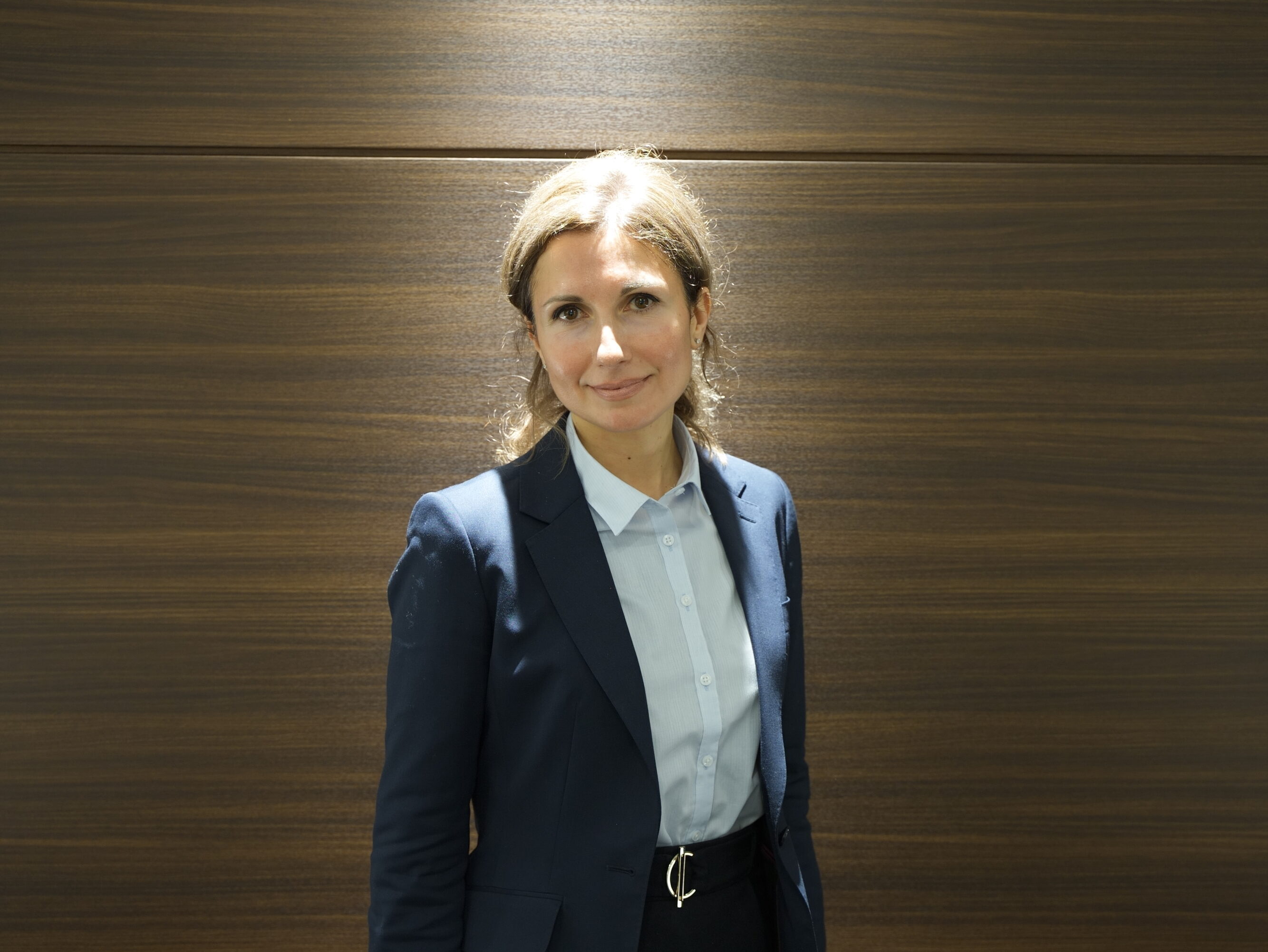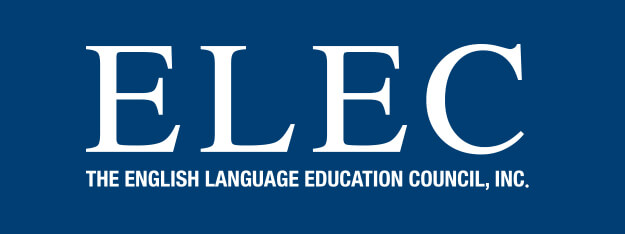
情熱から職業へ :ノン・ネイティブ英語教師としての旅ー(5/6)
ロシア出身のAllita先生。彼女の人柄に、講義終わりには学生に囲まれることもしばしば。そんな彼女は英語のみならず、ドイツ語、ラテン語、フランス語やスペイン語も学んだ経験があります。今回はAllita先生の英語に対する情熱を持つきっかけから英語教師となるまでのエッセイ、全6回の連載となります。是非皆さん最終回までお楽しみください。
From Passion to Profession: Embracing the Journey as a Non-Native English Teacher (5/6)
4. Pedagogical Expertise and Commitment to Professional Development
Language proficiency alone is not enough to make an effective teacher. Successful teaching requires a solid foundation in pedagogy—the art and science of teaching. As non-native educators, we must be thoroughly acquainted with a range of teaching methodologies and know how to adapt them to meet the diverse needs of our students. Whether teaching learners of different age groups, nationalities, or professional backgrounds, we need to have a deep understanding of which strategies and techniques will yield the best outcomes for each unique context.
For me, developing this expertise has been a continuous journey of professional growth. It has involved extensive reading of pedagogical literature, earning advanced certifications, participating in workshops, and staying current through education-related podcasts, webinars, and active involvement in professional communities. Through this ongoing development, I have discovered that a blend of communicative language teaching (CLT) and task-based learning (TBL) approaches helps me create dynamic and interactive lessons that foster engagement and motivation in my students.
By integrating these methods, I ensure that students are not only learning language structures but also using them meaningfully in real-world contexts. This balance between theory and practice allows me to cater to various learning styles and maximize the effectiveness of each lesson, creating a classroom environment where students are actively involved and eager to participate. It’s this pedagogical versatility that transforms language teaching into a truly impactful learning experience.
5. Resilience and Adaptability
Non-native English teachers often face additional scrutiny compared to our native-speaking counterparts. We may encounter stereotypes or doubts about our qualifications and capabilities. Questions such as, “Have you ever taught English in a native-speaking country?” “Can you speak English without an accent?” or “Do you have experience teaching in a Western country?” are all too familiar. To succeed, we must be resilient, confident, and prepared to continually prove our value. Every challenge is an opportunity to show that we are not only capable, but that our unique perspective as non-native speakers is a distinct advantage.
Throughout my teaching career, I’ve had to confront and dispel these biases—one of the most common being, “Russians don’t speak English fluently,” or the assumption that if they do, they must have a heavy accent. Rather than allowing these stereotypes to discourage me, I’ve turned them into motivation to further sharpen my skills and demonstrate my expertise. This drive has pushed me to master pronunciation, expand my vocabulary, and adopt a more nuanced understanding of English language nuances.
Adaptability has been key in this journey—being open to feedback and willing to refine my approach when necessary has helped me overcome these misconceptions and earn the trust of my students and colleagues. By embracing these challenges, I’ve been able to showcase the strengths that non-native teachers bring to the classroom: perseverance, a deep empathy for language learners, and the ability to explain complex concepts from the perspective of someone who has personally navigated the same path.
情熱から職業へ:ノン・ネイティブ英語教師としての旅 (5/6)
4. 教育学的専門知識と専門能力開発へのコミットメント
語学力だけでは効果的な教師にはなれません。 教えることを成功させるには、教育学(教えることの学問と科学)のしっかりとした基礎が必要です。 ノン・ネイティブの教育者として、私たちは様々な教授法に精通し、生徒の多様なニーズに応えるためにそれらをどのように適応させるかを知っていなければなりません。 異なる年齢層、国籍、職業的背景を持つ学習者を教える場合でも、それぞれの独自な状況において、どのような戦略やテクニックが最良の結果をもたらすかを深く理解する必要があります。
私にとって、この専門知識を身につけることは、専門家として成長し続ける旅でした。 教育学に関する文献を読みあさり、上級資格の取得、ワークショップへ参加、教育関連のポッドキャストやウェビナー、専門家コミュニティへの積極的な参加を通じて最新の情報を得る。このような継続的な成長を通して、私はコミュニケーション言語教育(CLT)とタスク・ベースド・ラーニング(TBL)のアプローチを融合させることで、生徒のやる気と意欲を引き出すダイナミックでインタラクティブな授業ができることを発見しました。
これらのメソッドを統合することで、生徒が言語構造を学ぶだけでなく、実社会の文脈でそれらを有意義に使えるようにします。 理論と実践のバランスをとることで、様々な学習スタイルに対応し、各レッスンの効果を最大化させることができ、生徒が積極的に参加する教室環境を作ることができます。 言語教育を真にインパクトのある学習体験に変えるのは、このような教育学的多様性なのです。
5. 回復力と適応力
ノン・ネイティブの英語教師は、ネイティヴの英語教師に比べ、厳しい審査にさらされることが多いです。ステレオタイプにとらわれたり、資格や能力を疑われたりすることもあります。 例えば、”ネイティブの国で英語を教えたことがありますか?”といった質問。 「訛りのない英語を話せますか」「欧米諸国で教えた経験はありますか」といった質問は、あまりにも身近です。成功するためには、たくましく、自信を持ち、自分の価値を証明し続ける覚悟が必要なのです。あらゆる挑戦は、私たちが有能であることを示す機会であるだけでなく、ノン・ネイティブスピーカーとしての独自な視点が、際立った強みであることを示す機会でもあるのです。
教員生活を通し、私はこれらの偏見と向き合い、払拭しなければなりませんでした。最も一般的な偏見の一つは、「ロシア人は英語を流暢に話さない」あるいは「話せるとしても訛りがあるに違いない」という思い込みです。私はこのようなステレオタイプに落胆するのではなく、自分のスキルをさらに磨き、専門性を発揮するためのモチベーションに変えてきました。 この意欲が、発音をマスターし、語彙を増やし、英語のニュアンスをより深く理解することを後押ししてくれたのです。
フィードバックに耳を傾け、必要に応じて自分のアプローチを改善することを厭わない適応力が、この旅の鍵でした。 これらの課題を受け入れることで、ノン・ネイティブの教師が教室にもたらす長所、すなわち忍耐力、言語学習者への深い共感、そして同じ道を歩んできた人の視点から複雑な概念を説明する能力を示すことができたのです。
次回最終回となります。お楽しみに!
◀初回から読む 次回 (6)に続く▷
ELEC英語講師陣 紹介ページはこちら
